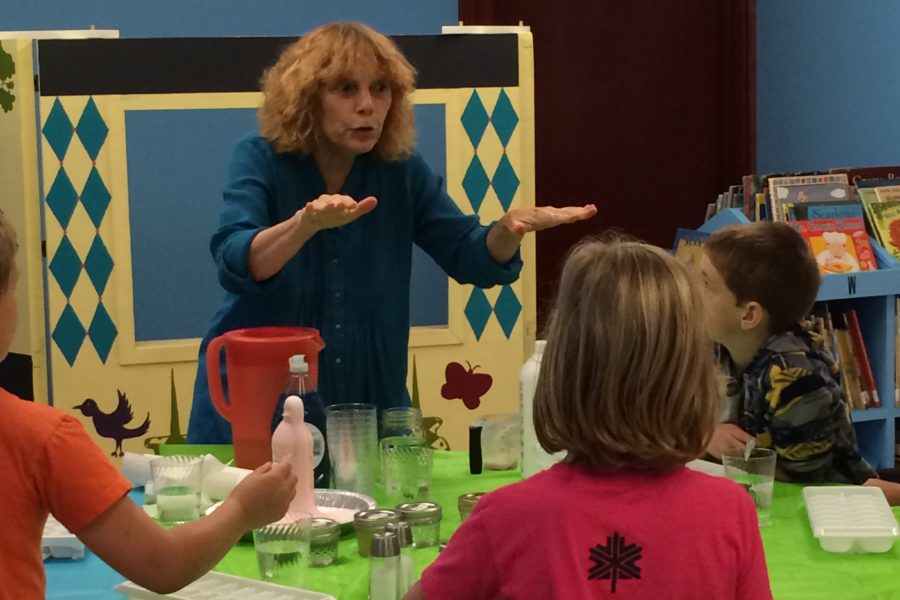
CLiF would like to introduce or re-introduce you to Rebeccca Rupp of Swanton, VT. She is the author of some 200 articles for national magazines, on topics ranging from the natural history of squirrels to the archaeology of privies, and nearly 20 books for both children and adults. She blogs on food science and history for National Geographic. CLiF created the outline below to help students of all ages think about her books and interests.
Watch a clip of Rebecca’s presentation from CLiF’s Virtual Author’s Series here.
Things to think about:
- Rebecca has Ph.D. in cell biology and biochemistry from George Washington University; how does that influence her writing?
- How does writing fiction impact writing non-fiction, and non-fiction on fiction?
- Why is it important to be a writer if you are a scientist?
- Many of Rebecca’s novels have girls as the main character, but she had three sons! How do writers create their characters?
Here are a few ways to get to know Rebecca’s work better:
- Read some of her articles for National Geographic’s blog The Plate
- See the range of Rebecca’s books!
- On her web site, Rebecca has so MANY resources on a wide variety of topics – great inspiration for projects, stories, or gaining more background knowledge on a subject
CLiF has created literacy activities for students of all ages here. Here are some that would go nicely with Rebecca’s work:
For younger kids:
- Question Board – share or write down questions as you read something need; find the answers with help from an adult.
- Story Yoga – think about the animals Rebecca has on her resources page. Use existing or your own yoga to tell more about the animals.
For older kids:
- Book Trailer Posters – create a poster that makes a book character ot scientific idea enticing.
- Dictionary Words – pick a few topics from Rebecca’s resources. As you find unfamiliar words, create a dictionary.
For families:
- Matchbook Chapter Summaries – Use this idea to track progress in shared books or to give updates to the family on individual reading.
- Reading to Animals – use Rebecca’s resources to learn more about animals, then pick books you think they might like. Share with a real or stuffed or drawn animal.



